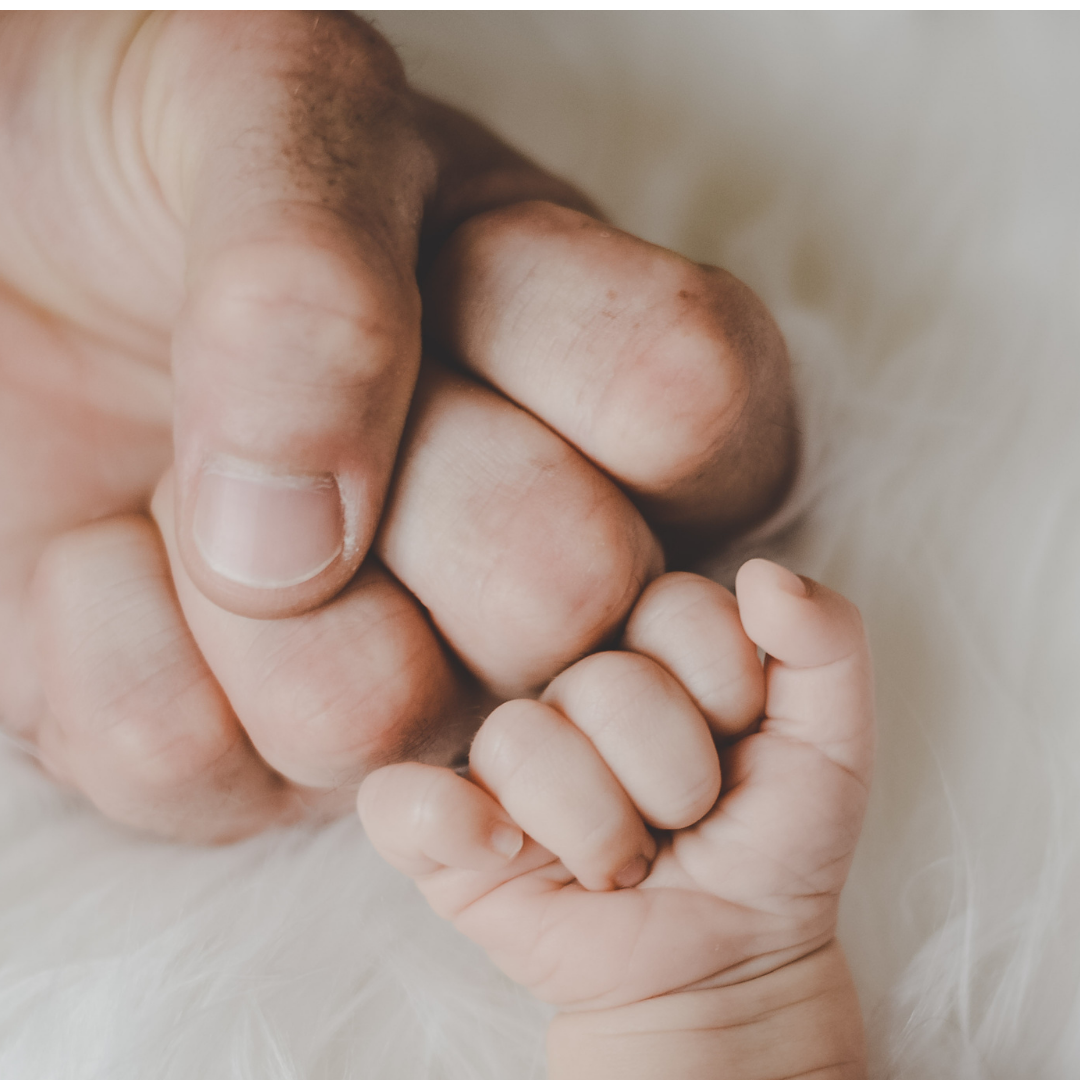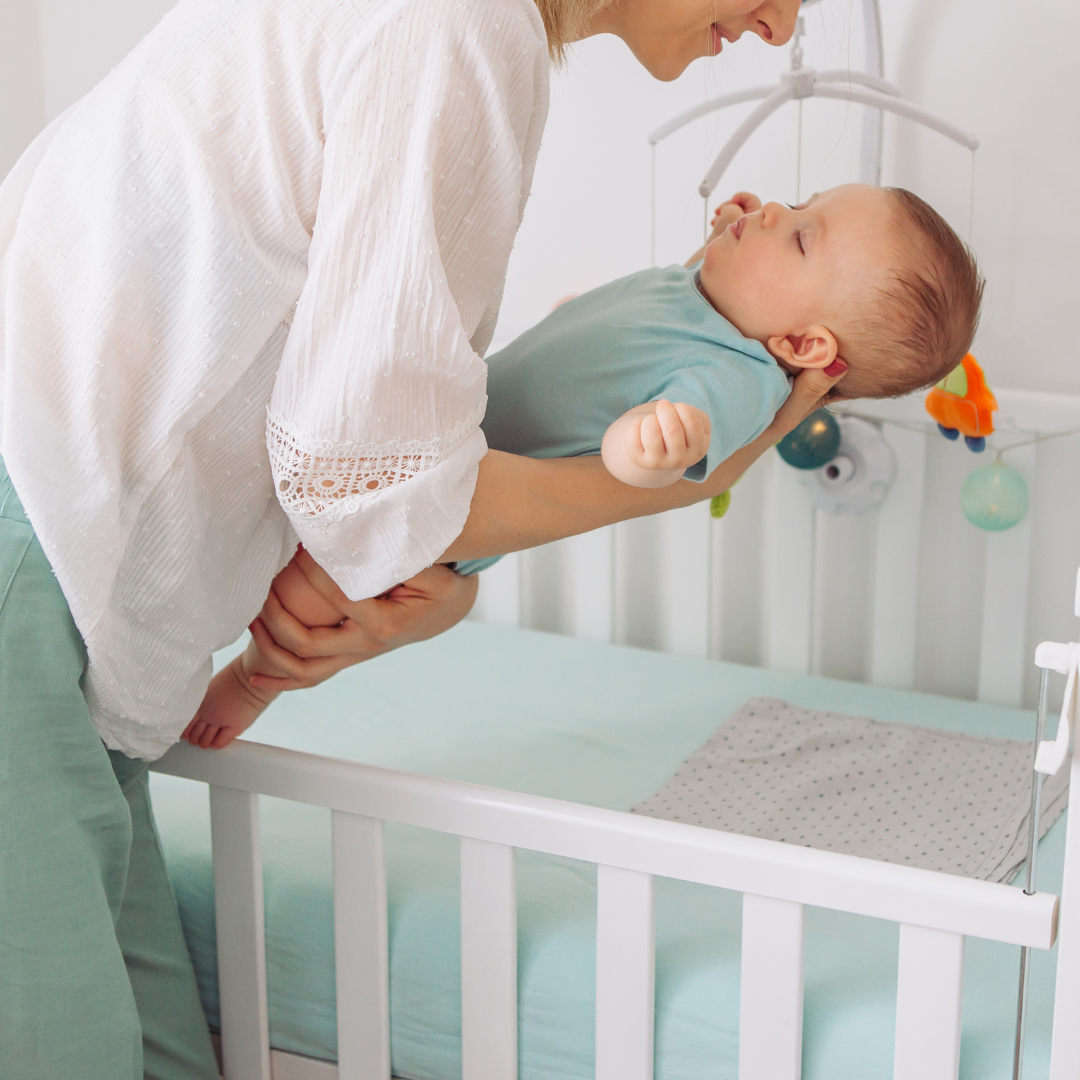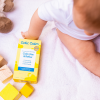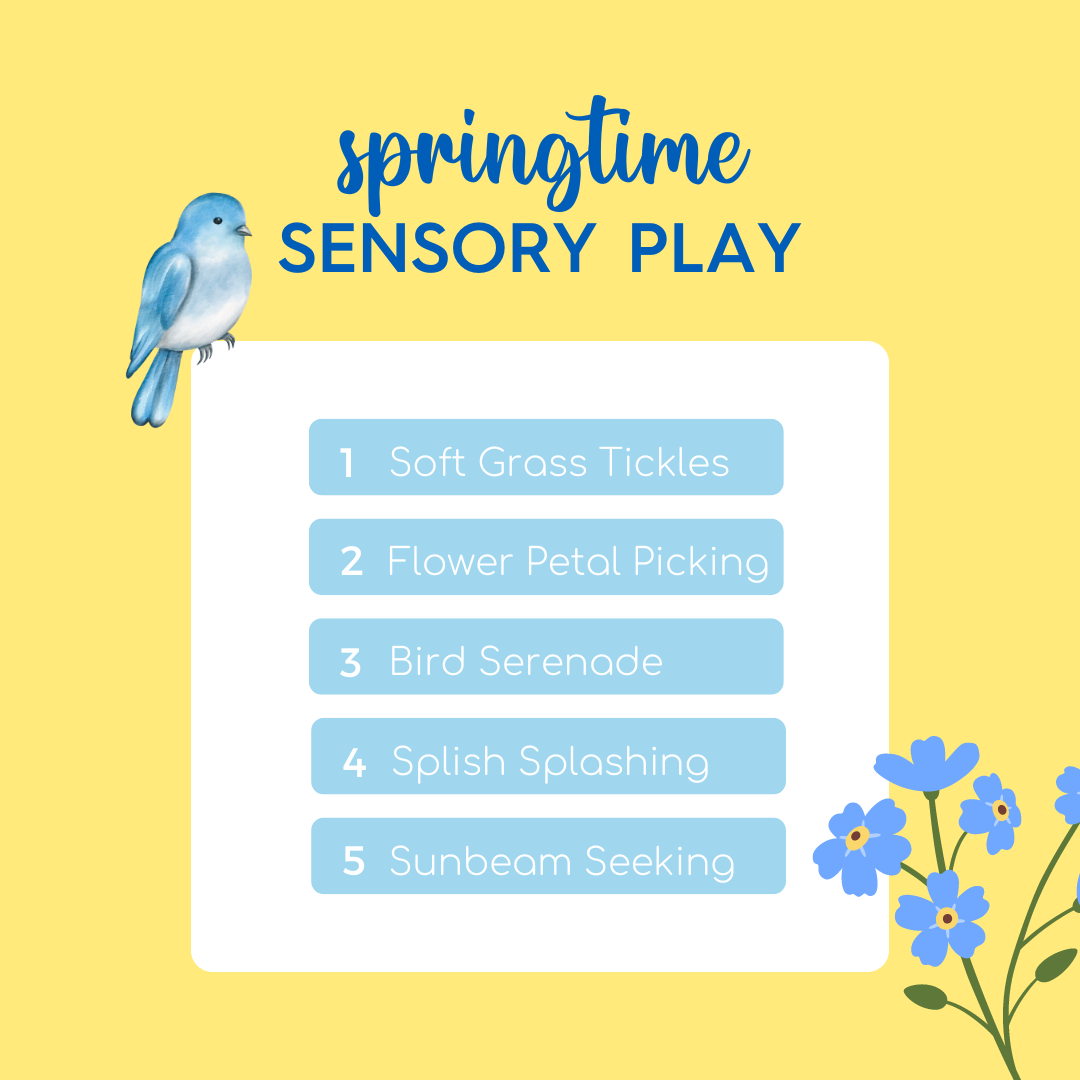How Fatherhood Transforms You

Times have changed and now, more than ever, fathers of newborns have evolved from hands off to extremely involved. The days of dads not changing diapers or feeding the babe are long gone, and along with it the idea that a man doesn’t possess a parenting instinct. Since the mid-1970’s the idea that men should do more has continued to pick up steam but until recently, Dads were often seen as a poor substitute for Mom. In fact, up until the 1970’s clinically studies on early childhood development only looked exclusively at the impact of mothers.
Michael Lamb, a leader in fatherhood research from the University of Cambridge in the UK, concluded that babies can form a strong attachment to their dads as to their moms. Not only are men build to care for children, but their involvement impacts kids’ physiologies, psychologies, and outcomes for the rest of their lives.
We all know and have seen how motherhood transforms a woman’s bodies, but did you know that men’s bodies also transform when they become fathers? We’re not talking about the middle-age spread they might fight into old age but the fact that the internal chemistries, like oxytocin, play a significant role in nudging fathers towards more involvement with their kid(s).
In many hospitals, it is a common and best practice to have skin to skin time with both parents. During skin-to-skin time with a newborn, the oxytocin pumps and the testosterone level typically drops. This makes a man less prone to risk-taking behavior and more prone to nurture his newborn. Interestingly enough, another hormone called prolactin increases. Fathers with higher prolactin play with their babies in ways that are more beneficial for the child’s learning and development. It also causes the father to be more responsive and sensitive to infant cries.
All these changes of course depend on how much time a dad is spending with their child(ren) in their infancy and toddlerhood. Having a man providing direct care has the biggest influence in changing hormone levels and increasing bonding and attachment. While research around how the male body reacts to the role of father is still emerging, here is what we do know:
• Testosterone levels drop by about a third when men become fathers and the decline can start even before the baby is born. Dads who spend more time with infants see the biggest dip.• Fathers can be affected by postpartum depression (PPD). A 2010 meta-analysis found that about 10% of men experience PPD.
• Just as men undergo hormonal transformations caused by their infants’ arrival. Many fathers-to-be also experience physical changes during their partners’ pregnancy. Couvade syndrome is a catch all term for these symptoms which can range from fluctuations in appetite, weight gain, increased gas, back pain and even “morning sickness.”
A lot of men will say that their life began when they became a dad. They often site that they feel “different” and they aren’t imagining things. The science shoes that becoming a father does cause physical changes and all of those moments lead up to a lifetime of love and connection.
Source: https://www.todaysparent.com/family/parenting/the-science-of-how-fatherhood-transforms-you/
 Canada
Canada South Africa
South Africa UK
UK EU & Int
EU & Int Ireland
Ireland Australia
Australia Brazil
Brazil New Zealand
New Zealand

















Comments